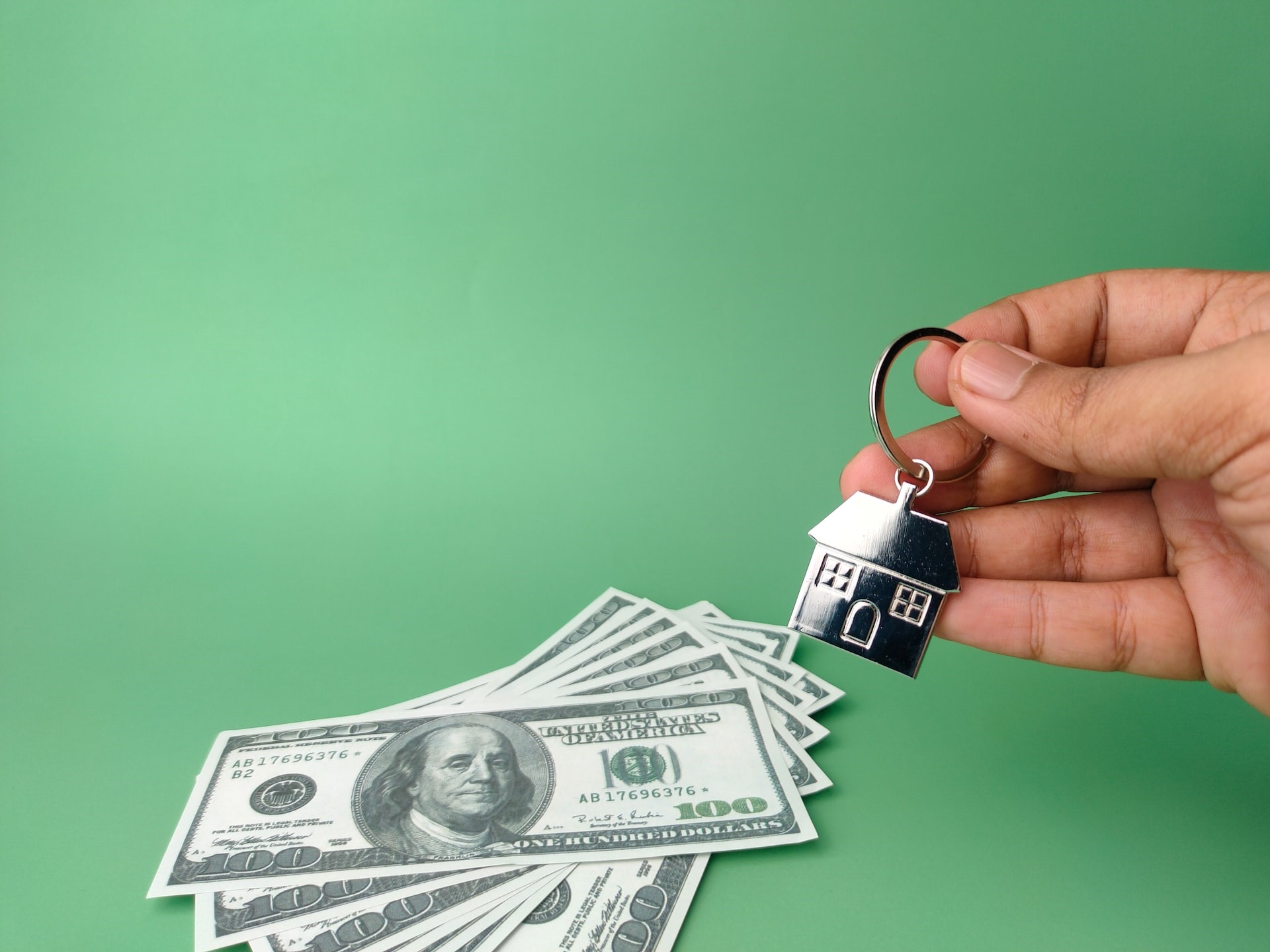With rising costs affecting both property prices and monthly rent, it may make the choice between buying and renting more uncertain than ever.
In the past, renting was used as a temporary measure whilst you saved up for a deposit on a house, but now with the high price of rent and property, some people are left with no choice but to stay renting long term.
High costs may lead to bad credit, fortunately there are adverse mortgage advisorsthat can help if this is the case and you’re thinking about buying.
There are pros and cons to both renting and buying, so let’s break down the differences between the two…
Renting a Property and its Advantages
Renting is the more flexible option; you’ll be able to move much quicker and easier than you would if you had to sell up and buy a new home. Renting is also ideal as a temporary measure, especially if you move around a lot due to things like work.
Renting a property with someone is an ideal way to test a relationship in its early days, rather than jumping straight into owning a property together. If you break up, it’s a lot less messy as you can both move into other rental properties much quicker.
Being able to move out faster and easier is also good news if you end up not liking the place – or the neighbours!
Rental Costs
As mentioned, renting costs are high, you also need to consider saving up for a deposit. Whilst a deposit to rent is nowhere near that of buying a property, it can still be a challenge for some. A deposit for renting will be at least a month’s rent, perhaps a month and a half. So whilst you can move quicker, it depends how long it’ll take you to save up for that deposit.
In terms of prices, the HomeLet rental index shows the average rent in the UK is £1,143 (or £961 if you exclude London) as of August 2022. The average rent in London alone is £1,898.
There are plus sides to rental costs, one of the biggest advantages is that you don’t have to pay for maintenance costs. If your boiler breaks, it’s the responsibility of your landlord to get it fixed. The only downside to this being that it won’t be you organising when and how fast that repair job will be done.
You also don’t have to worry about the extra costs like legal fees or stamp duty that home buying incurs. Renting a furnished property also means you don’t have to buy a bed or fridge.
Renting Downsides
You have less control, so you’ll have to ask permission from your landlord in order to decorate. You are also at the mercy of the landlord raising the rent or selling the property, meaning you’ll have to suddenly find somewhere new.
Of course the biggest downside of them all is that you’ll be paying rent every month forever, and that money won’t be going towards anything like it would if you were buying a house and paying off a mortgage.
Buying a Property
Most of the information about buying a property is just the reverse of renting, buying a home can pay off, but it can be incredibly challenging to get on the property ladder. Fortunately there are a number of schemes out there to help first time buyers, so speak to an online mortgage advisor.
Buying Advantages
Buying a home is more permanent, secure and gives you more control. You can decorate however you like and arrange maintenance, repairs and upgrades whenever you want.
Paying off your mortgage will eventually lead to owning an entire property. You could also potentially sell for a profit if house prices continue to rise – that’s if you plan on selling in the future.
Buying Downsides
It’s one of the biggest commitments you’ll ever make, so if you’re unsure, buying may not be for you. Saving up for a deposit is hard, you’ll also have to pay for any legal fees when buying, as well as maintenance and repairs once you own the place.
Selling a property can also take months if you do eventually move on, the property market could also fall, leaving you selling the house for less than you bought it for.
Which is Right for You?
Whilst buying a house (if you can) is seen as better due to it being an investment, it all ultimately depends on your circumstances. Contacting professionals like estate agents and mortgage advisors can help you find what’s right for you.



 Bitcoin
Bitcoin  Ethereum
Ethereum  Tether
Tether  XRP
XRP  Solana
Solana  USDC
USDC  Cardano
Cardano  TRON
TRON  Lido Staked Ether
Lido Staked Ether  Avalanche
Avalanche  Toncoin
Toncoin